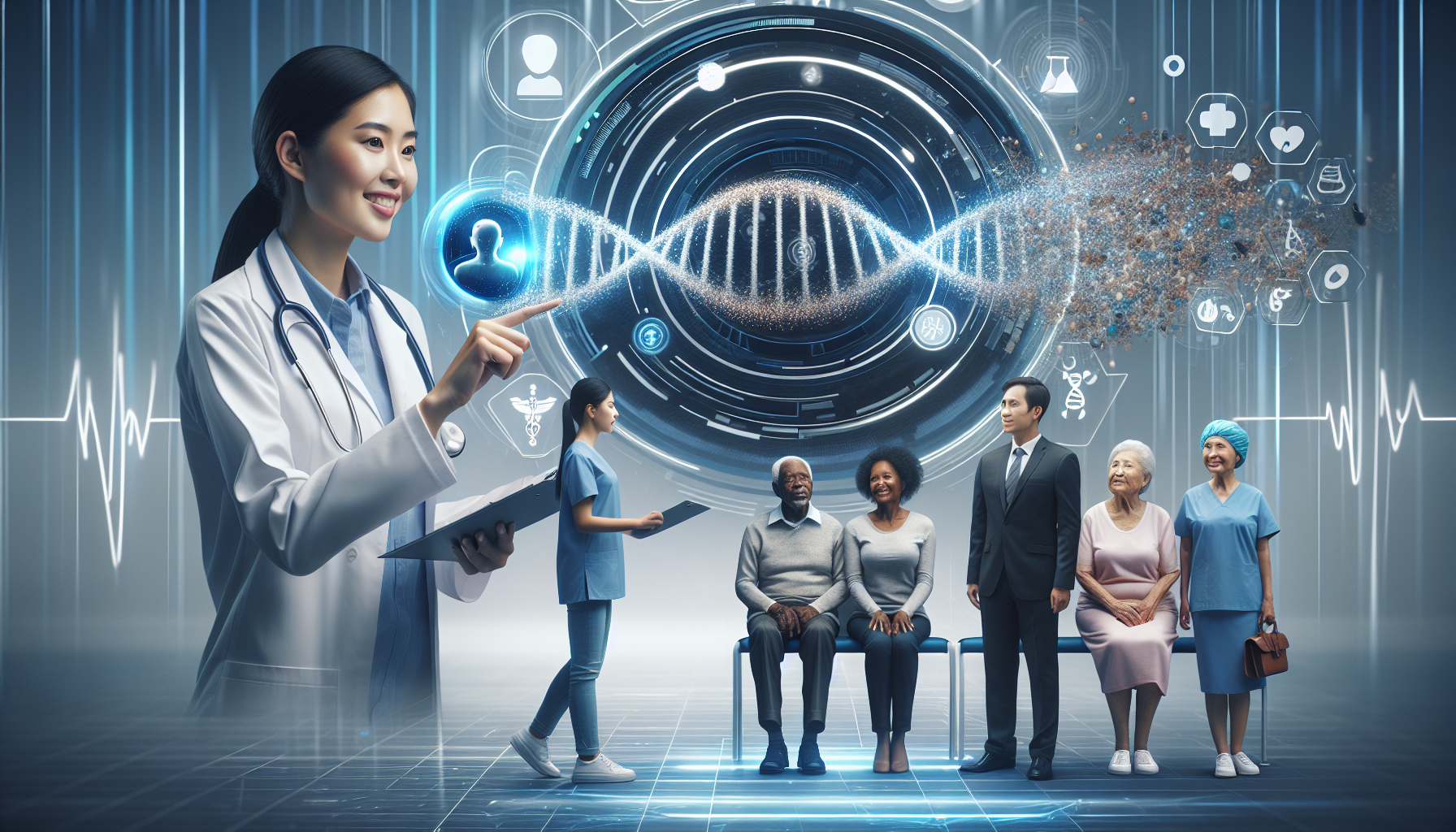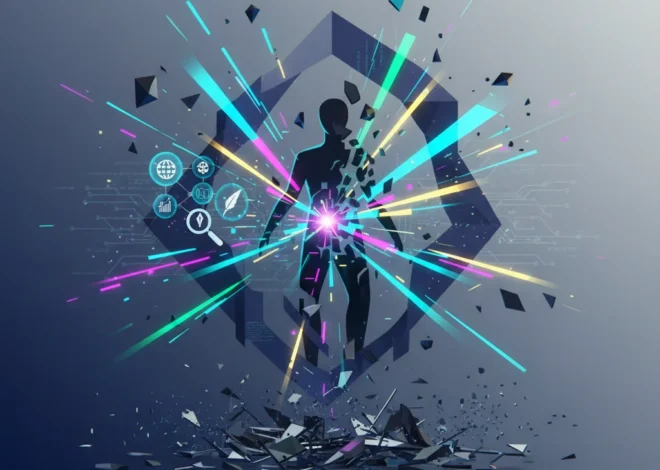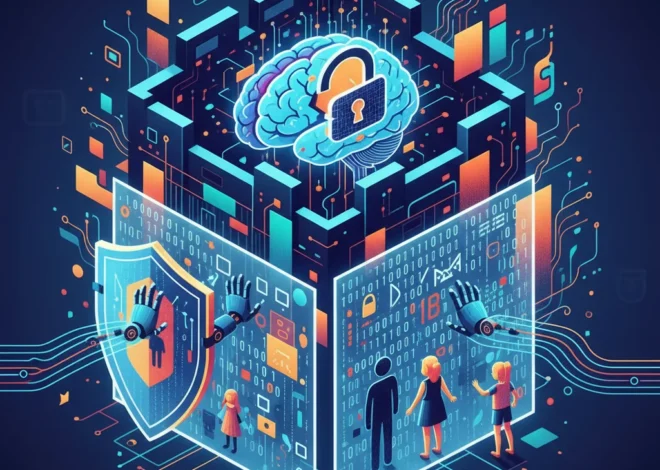
The AI Doctor Will See You Now: Healthcare’s Miracle Cure or a Digital Malady?
Picture this: a world where diseases are detected before symptoms even appear, where treatments are tailored to your unique genetic code, and where your doctor spends less time on paperwork and more time on you. This isn’t a scene from a sci-fi blockbuster; it’s the future that artificial intelligence (AI) promises to deliver to healthcare. It’s a topic that’s buzzing with excitement and, as a recent BBC “Tech Life” discussion highlighted, a healthy dose of caution.
For developers, entrepreneurs, and tech professionals, the intersection of AI and medicine isn’t just a fascinating field—it’s one of the most significant frontiers for innovation. But as with any powerful technology, the potential for revolutionary good is mirrored by the potential for profound harm. So, let’s pull back the curtain and explore the incredible promise and the critical perils of integrating AI into our most vital industry.
The Promise: AI as a Digital Hippocrates
The “pros” of AI in healthcare are nothing short of breathtaking. We’re not just talking about minor efficiency gains; we’re talking about a fundamental paradigm shift in how we diagnose, treat, and manage health. This is where cutting-edge software and cloud computing are making their mark.
1. Diagnostic Superpowers and Predictive Precision
The human eye is remarkable, but it has its limits. A radiologist might spend hours poring over MRIs or CT scans, looking for subtle anomalies. A machine learning model, however, can be trained on millions of such images, learning to spot patterns indicative of cancer or neurological disorders with a speed and accuracy that can sometimes surpass human experts.
This isn’t about replacing doctors; it’s about giving them a digital co-pilot. This AI-powered assistant can flag suspicious areas, prioritize urgent cases, and provide a second opinion in seconds. For startups in the med-tech space, developing these diagnostic tools is a massive opportunity to create life-saving technology.
2. Hyper-Personalization of Medicine
For decades, medicine has largely followed a one-size-fits-all approach. But we are all biologically unique. AI is changing the game by ushering in the era of personalized medicine. By analyzing a patient’s genetic data, lifestyle factors, and medical history, AI algorithms can predict their risk for specific diseases and recommend preventative strategies.
Furthermore, it can help oncologists select the most effective chemotherapy regimen based on a tumor’s specific genetic makeup, minimizing side effects and maximizing efficacy. This level of granular analysis, powered by complex programming and massive datasets, was simply impossible before.
3. The End of Administrative Drudgery Through Automation
Ask any doctor or nurse what their biggest frustration is, and you’ll likely hear a common answer: paperwork. The administrative burden in healthcare is immense, leading to burnout and less time for patient care. This is where automation becomes a hero.
AI-powered SaaS (Software as a Service) platforms can automate everything from patient scheduling and billing to transcribing doctor’s notes and summarizing patient histories. By handling these repetitive tasks, AI frees up our invaluable healthcare professionals to do what they do best: care for people.
The Peril: Navigating the Ethical and Technical Minefield
For every dazzling promise, there’s a sobering challenge that demands our full attention. Implementing AI in healthcare isn’t like launching a new social media app. The stakes are infinitely higher, and the consequences of failure can be dire.
1. The “Black Box” Problem and Accountability
One of the biggest hurdles in medical AI is the “black box” phenomenon. A deep learning model might correctly identify a malignant


